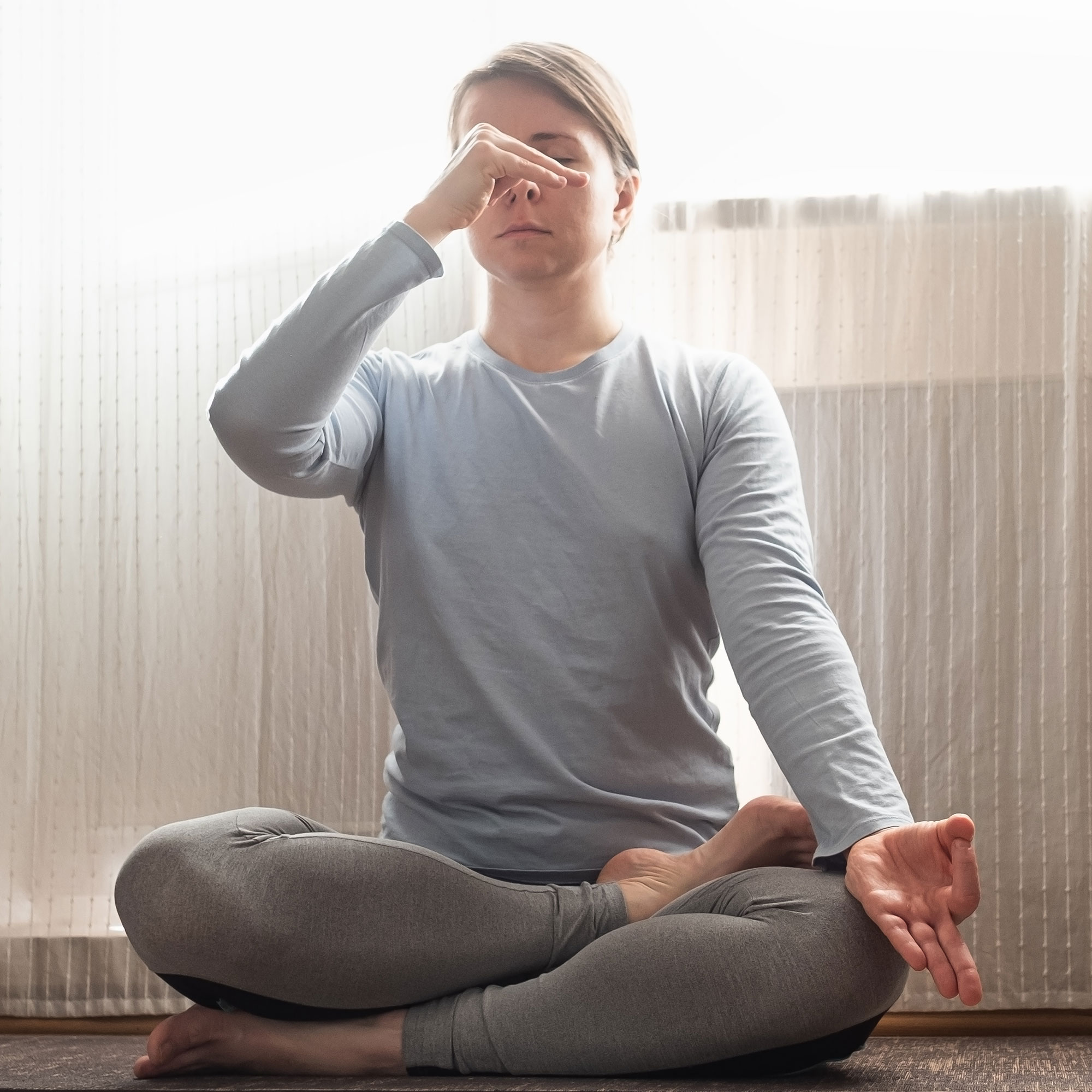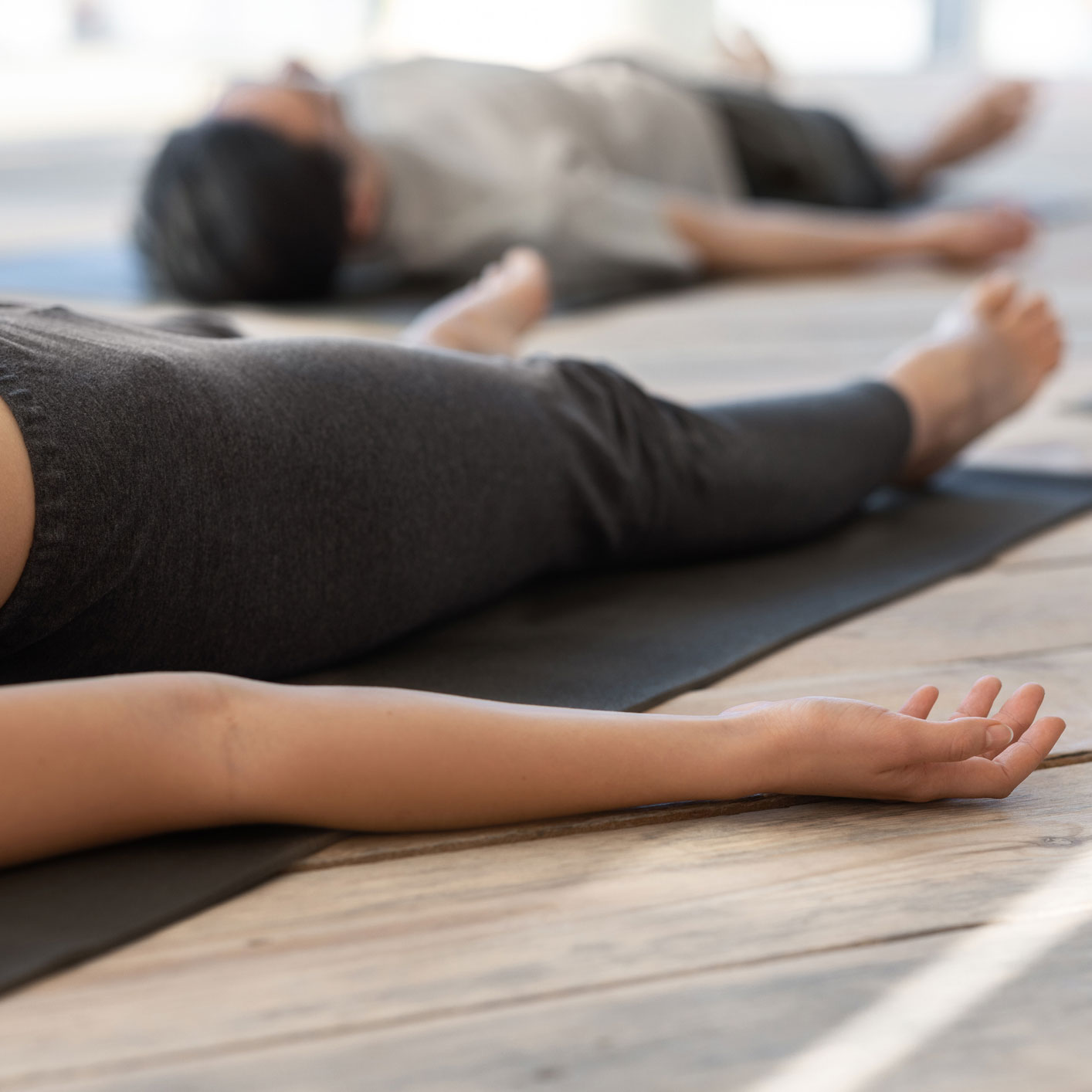Benefits and Philosophy
of Yoga
The ancient science of yoga has its origins hidden in the mists of time and yet continues to develop and evolve today. It is an alive, breathing art form, inspired from the depths of nature, and is just as relevant now as it always has been.
Benefits of Yoga
Yoga is not simply a series of postures but a whole way of life encompassing diet, massage, relaxation and meditation. In addition to being a fantastic way to stay in shape, yoga also encourages the body’s natural healing powers and can be used to treat a wide range of health problems, both physical and emotional.
Yoga is a science of life, developed over thousands of years. It promotes health and happiness by working on harmonizing the mind, body and spirit. Anyone can practice yoga, no matter the age, level of fitness & health, body weight, or religion.
People take up yoga for many different reasons, but whether it is for reducing stress, toning up or seeking help for a specific physical or emotional complaint, yoga practise will undoubtedly alter the student’s perception of the world; it promotes vitality, mental serenity, and the opportunity for self-development.
Asanas
Asanas work on every part of the body, loosening joints and stretching muscles to improve posture and maintain strength and flexibility. The exercises improve circulation, promote the efficient functioning of internal organs and have a wide range of therapeutic benefits. When physical and mental tensions are released, vast resources of energy are set free.

Pranayama
Pranayma revitalises the body and helps to control the mind. It assists in balancing the nervous system. The breath is said to be the bridge between the mind and body, and between conscious and unconscious states. By focusing on the breath, the mind becomes calm and integrated.

Relaxation
Relaxation counteracts the effects of stress and allows the body to recharge.

The Eight Limbs of Yoga
Over 2000 years ago, an Indian Sage, called Patanjali compiled ”The Eight Limbs of Raja Yoga” (Raja means royal) in the ”Yoga Sutras”. His message is ”do the work on the body to settle the mind and achieve bliss”. The eight limbs are a progressive series of steps or ”common sense” guidelines, which purify the body, mind and spirit – ultimately leading the Yogi to enlightenment.
History & Philisophy of Yoga
The philosophy of yoga is encapsulated in ancient scriptures such as The Vedas, The Upanishads, Bhagavad Gita and the Yoga Sutras. They were written in Sanskrit which is the oldest known language.
Yoga is not a religion, it’s a philosophy and a way of life. We can translate what we learn from Yoga according to our own background, mind, culture and religion.
The word Yoga means ”to unite” and it comes from the Sanskrit word ”Yoke”. Hatha yoga (which is the yoga mostly practiced in the west), means sun and moon – or opposites, like hot and cold, light and dark, male and female, active and passive. Hatha is the union of opposites in order to reach balance. Hatha Yoga helps to harmonize and integrate these two polar energies of the universe to create physical, mental, emotional and spiritual balance and unity within.
In yogic philosophy the body is regarded as the vehicle of the soul and gateway to the inner temple of the divine. It recognises the body and bodily existence as a wonderful instrument through which the expansion of awareness and freedom of energy can be realised and united.
Yoga postures (asanas) have evolved over many centuries. Apart from cultivating physical beauty (kanti) due to enhanced pranic flow (life energy) through the body, asanas help to clear the mind and assist in the restoration of mental and physical balance, health, vitality and well being.
The Five Basic Principles of Yoga
The complex philosophies and teachings of yoga are simplified by the Sivananda school of yoga into five basic principles. By incorporating these principles into one’s own lifestyle one can develop and maintain the highest state of physical and mental wellbeing.
 +44 (0)7786 914162
+44 (0)7786 914162 +46 (0)76 103 7898
+46 (0)76 103 7898